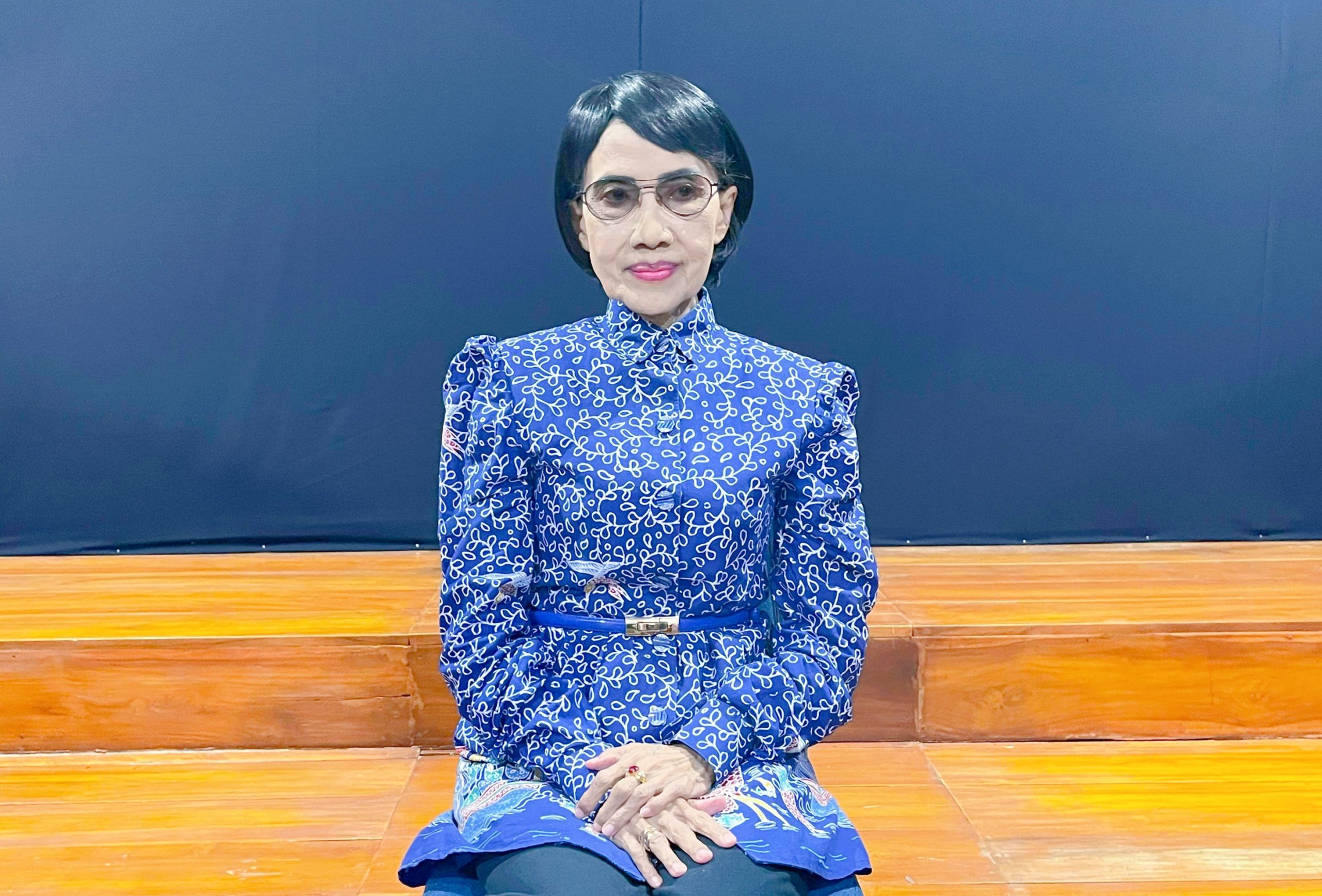The Public Relations Team of the Faculty of Humanities, Diponegoro University (FIB Undip) recently had the opportunity to conduct an exclusive interview with Prof. Dr. Dra. Dewi Yuliati, M.A., an expert in the History of the Press. In the interview, Prof. Dewi emphasized the importance of studying the history of the press, particularly in the context of print media, to better understand the development of a nation’s culture, economy, and politics.
Although today the term “press” has expanded to include electronic media such as television and radio, the primary focus of press history studies remains on print media.
“The history of the press is the study of the past related to the press and its various aspects,” explained Prof. Dewi.
Key Aspects Studied in Press History
According to Prof. Dewi, there are two main aspects in the study of press history:
Institutional Aspect
This study focuses on press institutions, such as media companies and journalist organizations, for example, the Indonesian Journalists Association (PWI) and the Alliance of Independent Journalists (AJI).
Substantial Aspect
This aspect examines the content of media, which is influenced by political, economic, and cultural factors.
“The political situation at a certain period, such as during elections or governmental transitions, will greatly affect the content of news reporting,” she added.
Why Is Studying the History of the Press Important?
Studying the history of the press is not merely about memorizing dates and events, but about opening insights into the social dynamics that shape people’s lives.
- Culturally, media reflect the values, norms, and spirit of particular eras.
- Economically, we can observe how innovations in technology and the development of advertising shaped the media industry.
- Politically, we understand how the press plays a role in safeguarding democracy, such as the contrast in reporting between the 1955 General Election and the New Order era.
Prof. Dewi quoted Mark Twain, saying,
“There are only two forces that can carry light to all the corners of the globe — the sun in the heavens and the Associated Press on earth,” to illustrate the vital role of the press, especially before the advent of the internet.

The Evolution of Press Functions Over Time
History shows that the function of the press has undergone significant changes:
- Authoritarian Press: The press was under state control, such as during Europe’s feudal era.
- Libertarian Press: In the 17th century, the press began to move freely and became a part of democracy.
- Communist Press: Media served as a tool for state propaganda.
- Social Responsibility Press: The press enjoyed freedom but was expected to uphold ethical standards, such as avoiding the spread of hoaxes.
In Indonesia, the history of the press has experienced many ups and downs:
- Dutch Colonial Era: The press enjoyed relative freedom; sanctions were imposed on individuals rather than institutions.
- Old Order: Many media outlets were shut down without clear legal basis.
- New Order: With the licensing system (SIUP and SIT), media needed official permits to publish and were often shut down if deemed critical of the government.
- Reformation Era: Press freedom increased significantly in line with the growth of democracy.
Learning Press History for Today and the Future
Prof. Dewi emphasized that understanding the history of the press helps us craft fairer and more expression-friendly state policies.
Moreover, the history of the press teaches us how to maintain a balance between freedom and social responsibility in media.
“Through the history of the press, we learn to distinguish models of press-state relations — identifying which promote progress and which suppress the people’s voice,” she said.
Career Opportunities for Press History Graduates
Graduates specializing in the history of the press have diverse career opportunities. Besides becoming journalists, they can also pursue careers as:
- Media entrepreneurs, like Bonnie Triyana, founder of Historia.id.
- Museum curators, especially in institutions managing media and public information collections.
- Researchers, media analysts, and creative workers in historical documentation or digital media.
“Studying the history of the press is a long-term investment. It is not only about the past, but about how we shape the future,” Prof. Dewi concluded.
Studying the history of the press, as explained by Prof. Dr. Dra. Dewi Yuliati, M.A., is a crucial key to understanding the dynamic shifts in culture, economy, and politics across eras through the study of institutional and substantial aspects of print media.
By tracing the evolution of press functions — from authoritarian models to the era of social responsibility, we not only grasp the changes in press-state relations but also gain the knowledge needed to build more democratic and just policies.
Beyond historical insights, this field of study offers wide-ranging career opportunities, from journalism and media entrepreneurship to museum curation, making the study of press history a truly impactful investment for both today and the future.
